CDKN2A Gene Mutations: Cancer Risks
Cancer Risk Associated with Inherited Mutations
If you have tested positive for an inherited mutation, we recommend that you speak with a genetics expert. They will look at your personal and family history of cancer and help you understand your cancer risk. They will work with you to choose a plan for managing your cancer risk that's right for you.
Cancer risk table
Cancer Type |
Lifetime Risk with an CDKN2A Mutation |
Lifetime Risk for General Population |
Notes |
Melanoma |
28 - 76% |
2.5% |
People with CDKN2A mutations:
The risk depends on family history, where they live, lifestyle and other genetic factors. |
Pancreatic cancer |
15% or higher |
1.7% |
Research suggests that smoking may increase this risk. |
Source: NCCN Guidelines: Genetic/Familial High-Risk Assessment: Breast, Ovarian, Pancreatic, vs. 1 2025 |
|||
It is important to note that cancer risks are estimates over the course of a person's lifetime. Your lifetime risk and risk over the next five years will vary depending on:
- current age
- sex assigned at birth
- specific mutation
- personal and family health history
- diet, exercise, lifestyle and other factors
More Resources
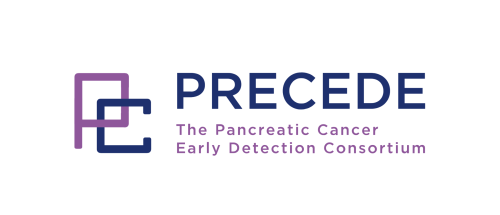
PRECEDE - Find a Pancreatic Cancer Screening Program
The PRECEDE Consortium is a collaboration of experts working to improve detection and prevention of hereditary pancreatic cancer.
Find a Dermatologist
The American Academy of Dermatology has a tool to find dermatologists by expertise, location or procedure.
NCCN Patient Guidelines for Pancreatic Cancer
The National Comprehensive Cancer Network guidelines help people with pancreatic cancer make informed decisions.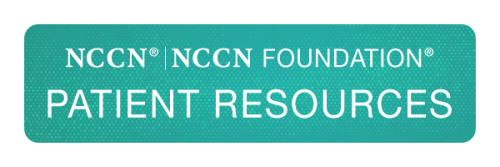
NCCN Patient Guidelines for Melanoma
The National Comprehensive Cancer Network has guidelines to help people diagnosed with melanoma make informed decisions.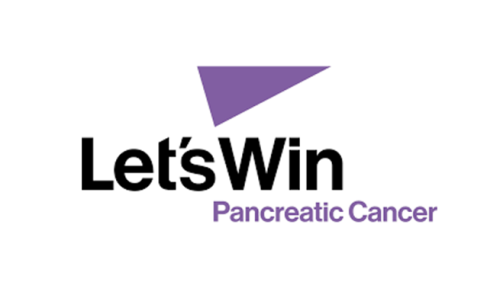
Let's Win! Pancreatic Cancer
FORCE partner, Let's Win is a go-to guide with easy-to-understand, actionable content focused on the needs of the patient and caregiver.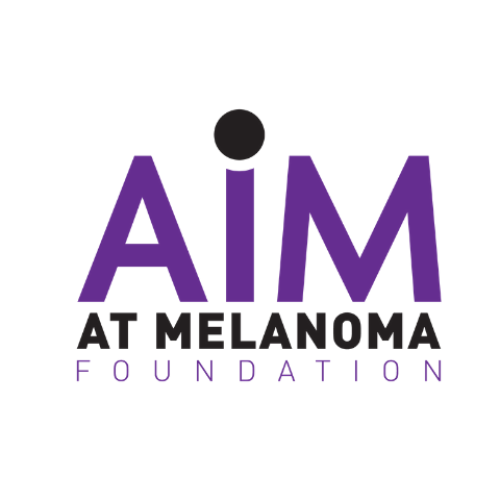
AIM at Melanoma Foundation
FORCE partner, AIM at Melanoma Foundation has detailed information to help people understand their diagnosis and treatment options.Participate in Prevention Research
Below are some of our featured research studies looking at new ways to screen for, prevent or intercept cancer in people with mutations. To search for additional studies, visit our Search and Enroll Tool.

Pancreatic Cancer Screening Study (CAPS5)
Clinicaltrials.gov identifier:
NCT02000089

Pancreatic Cancer Early Detection for People at High Risk
Clinicaltrials.gov identifier:
NCT04970056
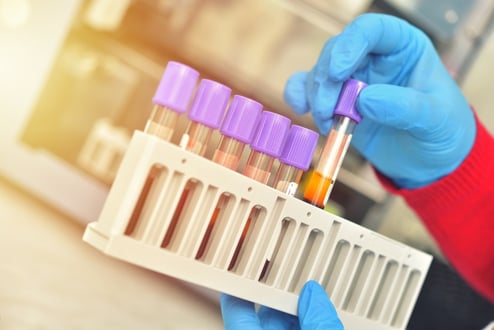
Blood Markers of Early Pancreas Cancer
Clinicaltrials.gov identifier:
NCT03568630

Pancreatic Cancer Screening Study for High Risk People
Clinicaltrials.gov identifier:
NCT03250078